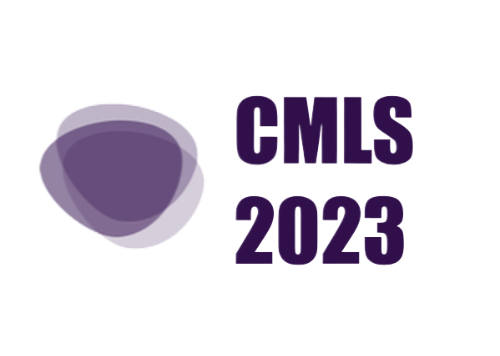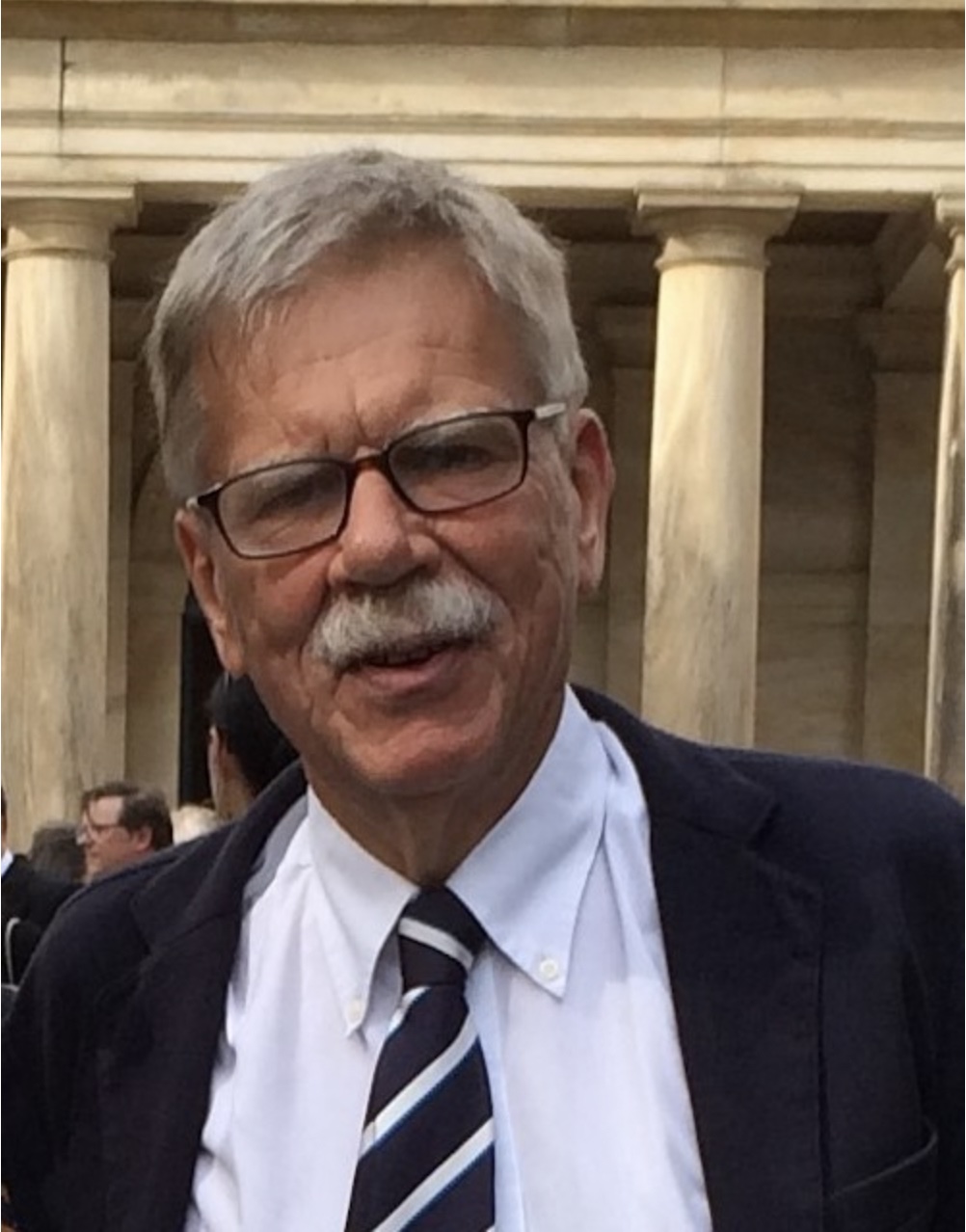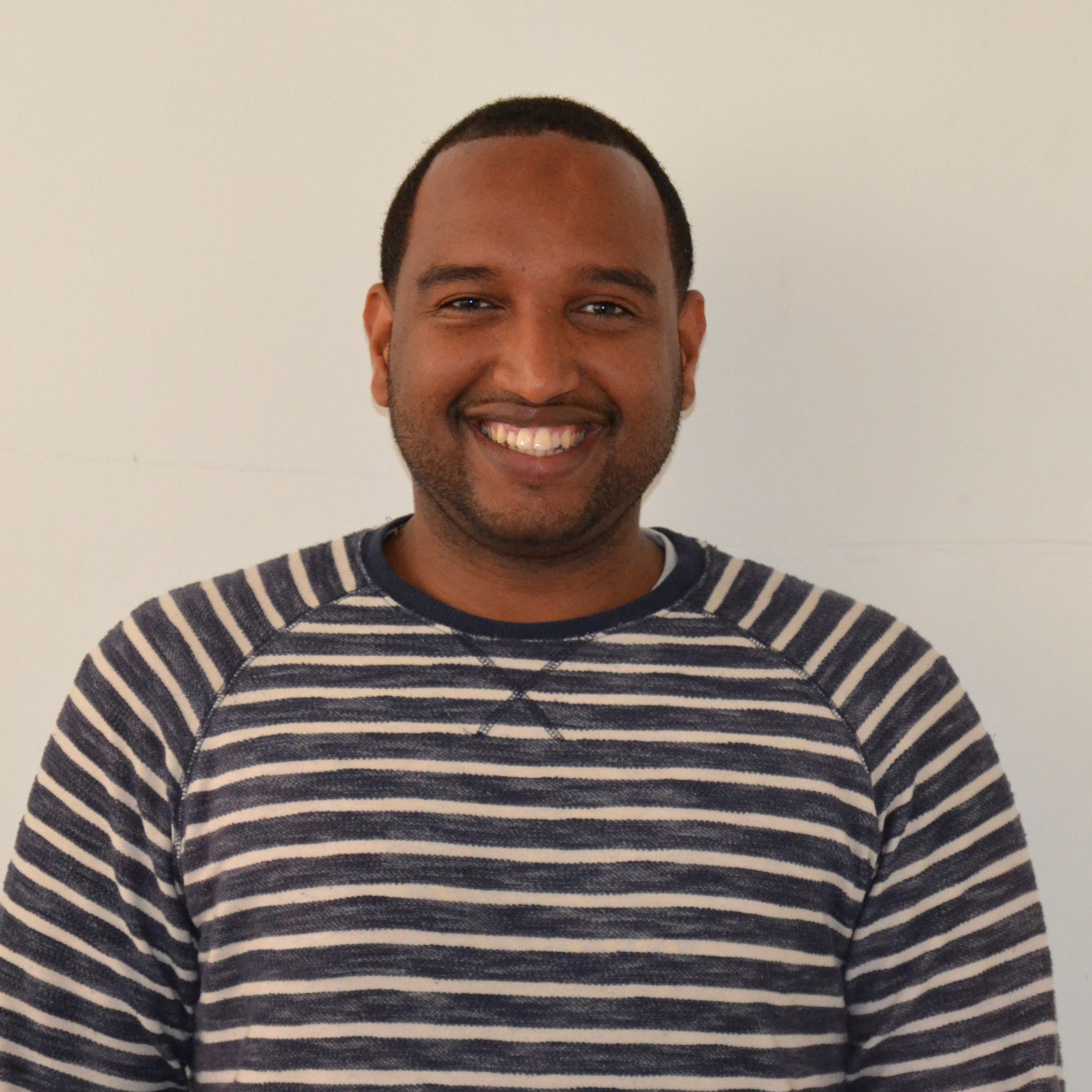The 4th International Workshop
on Conceptual Modeling for Life Sciences



The recent advances in unraveling the secrets of human conditions and diseases have encouraged new
paradigms for their prevention, diagnosis, and treatment. As information is increasing at an
unprecedented rate, it directly impacts the design and future development of information and data
management pipelines; thus, new ways of processing data, information, and knowledge in healthcare
environments are strongly needed.
The fourth edition of the workshop aims to continue being a meeting point for Information Systems
(IS), Conceptual Modeling (CM), and Data Management (DM) researchers working on health care and life
science problems. It is also an opportunity to share, discuss and find new approaches to improve
promising fields, with a special focus on Genomic Data Management – how to use the information
from
the genome to better understand biological and clinical features – and Precision Medicine – giving
to each patient an individualized treatment by understanding the peculiar aspects of the disease.
From the precise ontological characterization of the components involved in complex biological
systems to the modeling of the operational processes and decision support methods used in the
diagnosis and prevention of diseases, the joined research communities of IS, CM, and DM have an
important role to play; they must help in providing feasible solutions for high-quality and
efficient health care.
The COVID-19 pandemic and the recent climate disruption have attracted increasing attention to the
effects of pathogens and environmental change on human health. CMLS aims to become a forum for
discussing the responsibility of the conceptual modeling community in supporting the life sciences
related to these new realities.
The fourth edition of the workshop focuses on Conceptual Modeling as a means for facing the challenges that emerge when designing and developing systems for life sciences, focused on genomics and precision medicine. The workshop is not restricted to specific research methods; we will consider both conceptual and empirical research, as well as novel applications.
The topics of interest include, but are not limited to:
We invite submissions of high quality papers describing original and unpublished results
regarding
any of the workshop’s topics of interest.
CMLS 2023 proceedings will be part of the ER 2023
Workshop volume published by Springer in the LNCS series.
The authors must submit manuscripts using the Springer-Verlag LNCS style for Lecture Notes in
Computer Science.
For style files and details, see the page https://www.springer.com/gp/computer-science/lncs/conference-proceedings-guidelines.
The page limit for workshop papers is 10 pages.
Papers must be submitted as PDF files using EasyChair at https://easychair.org/my/conference?conf=er2023,
choosing the track 'Workshop on Conceptual Modeling for Life Sciences'.
To ensure high quality, all papers will be thoroughly peer reviewed by the Program Committee.
Manuscripts not submitted in the LNCS style or having more than 10 pages will not be reviewed
and
thus automatically rejected.
The papers need to be original and not submitted or accepted for publication in any other
workshop,
conference, or journal.
Submission to CMLS 2023 will be electronically only.
Anna Bernasconi is a Research Fellow in the Department of Electronics, Information, and Bioengineering also at Politecnico di Milano. Her research focuses on conceptual modeling, data integration, semantic web, and biological data analysis. Since the COVID-19 pandemic, her research has moved to viral genomics, by building models, databases, and Web search systems for viral sequences and their variants. She co-organized and chaired the first three International Workshops on Conceptual Modeling for Life Sciences (CMLS 2020 / 2021 / 2022) co-located with the ER conference and co-organized the First International Workshop on Web Applications for Life Sciences (WALS 2022) co-located with the ICWE conference.
Arif Canakoglu currently works as a data scientist at Policlinico di Milano; and he works mainly on the electronic health record of the intensive care unit's patients in the Lombardy region. He is leading the research with the support of the medical group, analyzing the life quality of the patients after the hospital discharge. Previously, he was involved in the "Data-driven Genomic Computing" ERC Awarded project (2016-2021), where he contributed to developing integration of heterogeneous genomic data and for developing computational methods for genomic applications. In 2016, he received his PhD on biomolecular knowledge data integration by using the modular schema data warehouse. His research interests include data integration and data driven genomic computing, big data analysis and processing on cloud computing, artificial intelligence applications. His main areas of expertise are heterogeneous data integration and data driven models and machine learning approaches in genomic, and big data processes, especially on cloud computing.

Alberto García S. obtained his Ph.D. cum laude at Universitat Politecnica de Valencia under the supervision of Prof. Oscar Pastor. He is currently a researcher at the VRAIN research institute, where he focuses on conceptual modeling, data science, and User Interface design. He has participated in multiple research projects in collaboration with clinicians and geneticists to generate knowledge from genomics data effectively and efficiently.

José F. Reyes R. is a researcher at PROS Research Center at Universitat Politècnica de València (Spain). He holds a Ph.D. in Computer Sciences (2018) from Universitat Politècnica de València (UPV, Spain), a MSc in Software Engineering, Formal Methods and Information Systems (2013) from UPV (Spain), a Diplomate of Analysts and Systems Designers (2011) and a University Degree in System Engineering (2010) from Universidad Central del Este (Dominican Republic). Currently, his main research activities are centered on the use of Conceptual Models for the development of Genomic Information Systems (GeIS). His main research interests include Conceptual Modeling, Genomic Data Science, Engineering Requirements, SE and Information Systems.